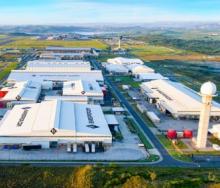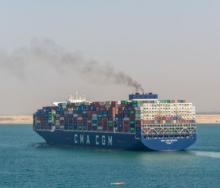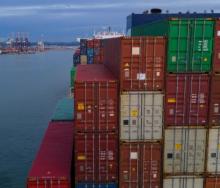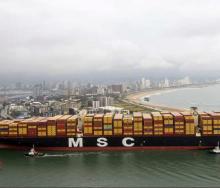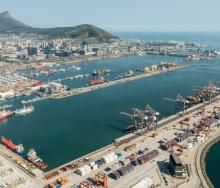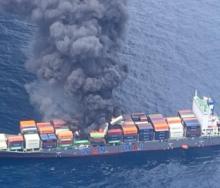Africa’s largest fishing company has stated it’s ready to meet unexpected market demand for affordable protein from processed meat due to the shortfall caused by South Africa’s ban on Brazilian poultry imports.
The overall ban, implemented on 15 May because of an avian flu outbreak on a commercial farm in the southern state of Rio Grande do Sul, means 19 000 tonnes of mechanically deboned meat (MDM) has been stripped out of local processing capacity.
On its own, South Africa only produces about 100 tonnes of MDM per month, significantly less than what is required for local affordable protein product production.
Without MDM imports from Brazil, the world’s largest exporter of processable meat extract, local producers like Eskort cannot meet demand for products ranging from viennas to polony.
Various local aid organisations and NGOs have indicated that a vast number of people in South Africa will not be able to afford protein in their daily diets unless the MDM issue is resolved.
The Department of Agriculture, Land Reform and Rural Development has indicated that it’s investigating the possibility of localising the ban on Brazilian poultry, which will pave the way for MDM imports from other areas, if implemented.
But Neville Brink, CEO of Oceana Group, which owns the Lucky Star pilchards brand, said the company increased its inventory by 41% to sustain affordable protein demand in the local market.
Speaking at the company’s half-year to March financial results announcement on Monday, 9 June, he said its business model to keep prices in check, buoyed by strong returns, will enable Oceana to sustain the affordability of pilchards in the event of Lucky Star replacing MDM products.
He said this after Eskort reported that MDM-related costs increased by 140% because of the shortfall.
Brink also pointed out that, should a localised ban easing on Brazilian MDM be enforced, there will still be a shortfall in poultry imports because of the six- to eight-week delay in supplies reaching South Africa.
Market correction of available MDM supply will take some time before it filters through to consumers, he said.
Given Oceana’s healthy balance sheet, the company is well-placed to avoid an MDM crisis in the local affordable food production market through strong and existing inventory of Lucky Star pilchards, said Brink.



